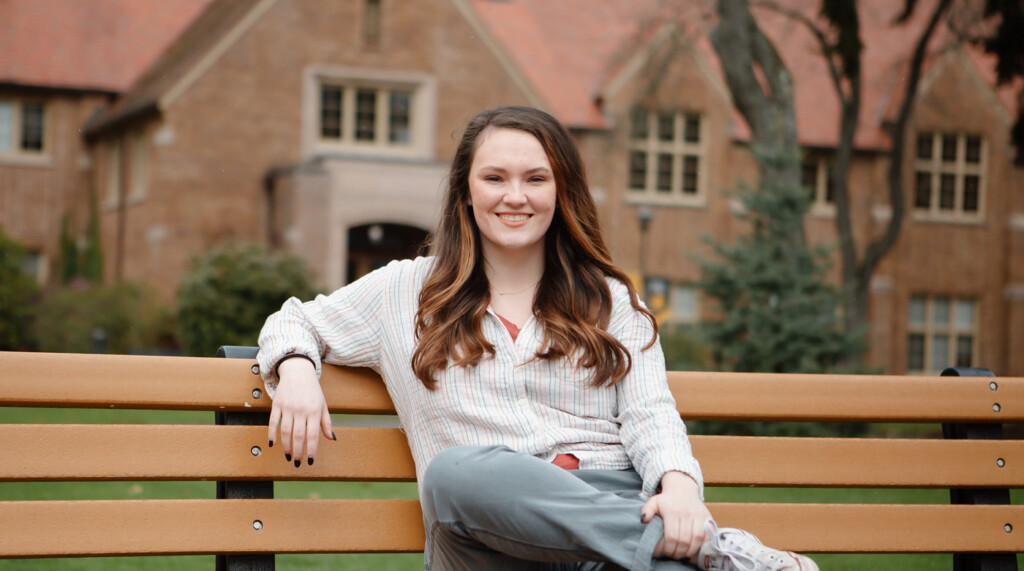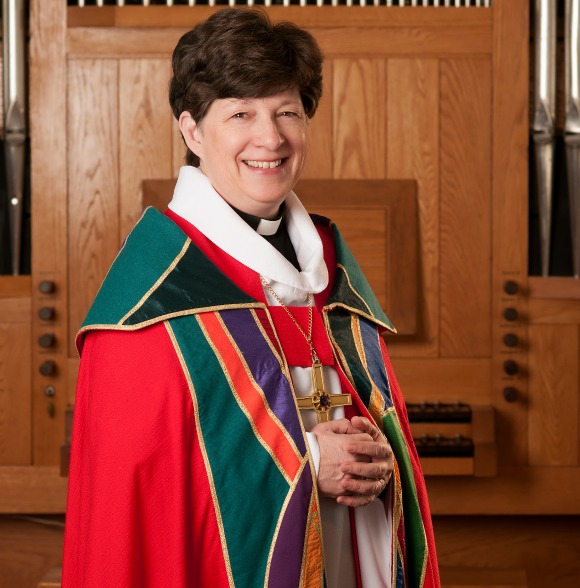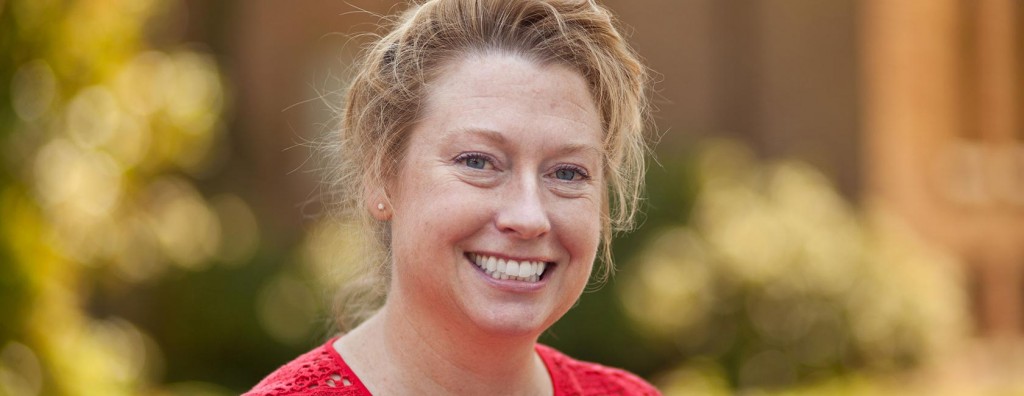Page 89 • (3,623 results in 0.035 seconds)
-

to her arrival at PLU. A history major with minors in religion and Holocaust and genocide studies, Atkinson’s passion for research, academia, and higher education developed at PLU through her collaborative research with professors, her tenure as president of Phi Alpha Theta (PLU’s history honors society), and her work as PLU’s Vet Corps Navigator. What led you down the path of becoming an Arabic linguist? Out of the jobs available to me as a woman in the military in 2014, becoming a linguist was
-
teaching Caribbean literature and history. Altogether, we have 34 students, plus staff assistance from PLU Head Baker Erica Fickeisen for the first week; Dr. Miller’s Assistant, Julie Paulsen, for the second week; and PLU Director of Dining and Culinary Services Erin McGinnis for the third week. Most of our class time is spent in separate classrooms in the conference center of the ship, but we gather both classes the night before each new port of call for “Port Reports”: the literature students
-

on the Presidency in Washington D.C. In January, students explored Oaxaca, Mexico, delving into its history and culture through activities at archaeological sites, interactions with traditional healers, and collaboration with local artisans. Gaining insights into community health care access, they provided basic health screenings and education in schools, health care facilities, and orphanages. The program emphasizes a public health perspective, collecting valuable information on social
-
thousands of refugees from the Nazis in the last century. French professor Roberta Brown responds critically and pointedly to the changing landscape of higher education by examining the roots of the liberal arts globally and in her own life. Honoring the PastIn 2007, Dean Doug Oakman noted that the work of the Humanities depends on a deep appreciation of and engagement with the past, using a J-term trip to Rome to reflect on “the vicissitudes of history and the quirkiness of human memory.” He concluded
-

was elected ELCA’s fourth presiding bishop at the 2013 ELCA Churchwide Assembly, marking the first time in history that a woman became the leader of the largest Lutheran denomination in North America. Nationwide, the ELCA has nearly 4.2 million members. “Her unexpected election as the first female leader of the national church is a breaking of that glass ceiling that previously kept women on the sidelines,” said Dr. Samuel Torvend, who holds the University Chair in Lutheran Studies at PLU. Event
-

-Polelle hopes it touches students and affects their perception of that era. One of the most important things she wants to bring to the school’s Holocaust Studies is lectures from survivors. Griech-Polelle’s desire to study and teach about the Holocaust stems from her desire to use one of the greatest tragedies in history as a positive tool. She believes that learning and acknowledging are important elements of that process, as well as recognizing survivors and making sure their experiences are never
-

are thinking (as they are moved to do so). As Therese A. Huston and Michele DiPietro discovered in their research about addressing tragedies within higher education, inaction in the face of tragedy is the least effective response. For tips on how to address this and other tragedies in learning and living spaces at PLU, the Teaching in Times of Crisis guide developed by the Center for Teaching at Vanderbilt University is excellent and succinct. To all of our community members, we also urge you to
-
Teacher, Veteran, Mentor: Willie Stewart ’69 Posted by: Zach Powers / November 11, 2015 November 11, 2015 Willie Stewart, who earned a Masters in Education from PLU in 1969, became the first black principal in Tacoma School District history when he was appointed principal of East Tacoma’s Lincoln High School in 1970. After decades of leading Lincoln, in 1999 Stewart was elected to the Tacoma School Board where he would serve through 2005. Earlier this year, Stewart was honored by the Tacoma
-
historian,” Friedman began. “I am an eyewitness to history that no human eyes should have to see.” He took the audience back 69 years to 1939, when the Russians bombed his hometown of Brody, Poland. He was 11 years old. The Nazis invaded in 1941 and quickly deprived Jews of their basic rights. When the ghetto formed in 1942, the Friedmans went into hiding in a nearby village with two different Ukrainian families. Friedman, his mother, younger brother and their female teacher stayed in a barn. The tiny
-

pandemic. The Annual Wang Center Photo Contest is an opportunity for #LutesAway students to reflect upon their study away experience and provides a way for students to share the world’s images, from their perspective, with the PLU community. If you’re ready to begin planning for your own study away experience and want to join the 40-50% of PLU students who study away at least once during their undergraduate education, please contact the Wang Center for Global Education. Wang Center | www.plu.edu/wang
Do you have any feedback for us? If so, feel free to use our Feedback Form.


